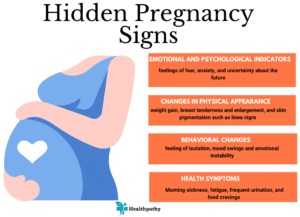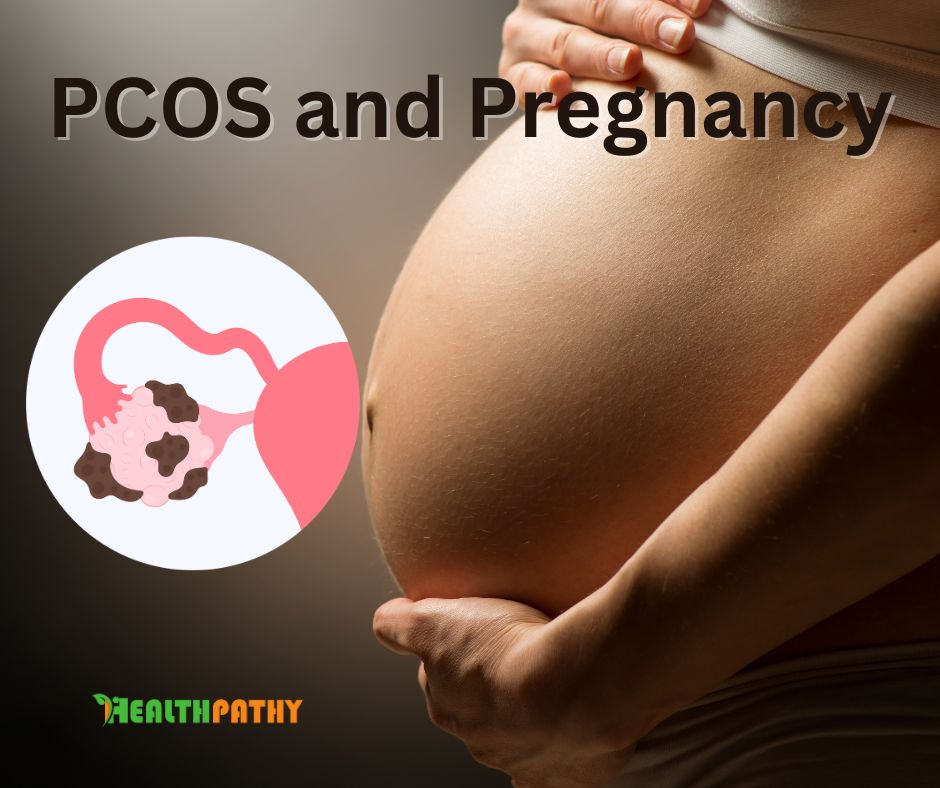PCOS and pregnancy can be a complex journey for many women. Polycystic Ovary Syndrome (PCOS) affects approximately 1 in 10 women of childbearing age, making it a common concern for those trying to conceive. This article will delve into the intricacies of PCOS and its relationship with pregnancy, offering valuable insights, expert advice, and answers to frequently asked questions.
PCOS and Pregnancy: What You Need to Know
Polycystic Ovary Syndrome, or PCOS, is a hormonal disorder that affects the ovaries, causing irregular periods and the development of small cysts on the ovaries. This condition can pose challenges when trying to become pregnant, but it is not an insurmountable obstacle.

Understanding PCOS
PCOS is characterized by a variety of symptoms, including irregular menstrual cycles, excessive hair growth, and insulin resistance. While these symptoms can complicate pregnancy, they do not make it impossible.
The Impact of PCOS on Fertility
PCOS can make it more difficult to conceive. Irregular ovulation and hormone imbalances are often the culprits. However, many women with PCOS go on to have successful pregnancies with the right medical support.
PCOS and Ovulation
Ovulation is a crucial factor when it comes to conceiving. Many women with PCOS do not ovulate regularly, making it necessary to monitor and induce ovulation with the help of a healthcare professional.
Diet and Lifestyle Modifications
A healthy lifestyle, including a balanced diet and regular exercise, can help manage the symptoms of PCOS and improve your chances of getting pregnant. Consulting with a nutritionist and fitness expert is a wise step.
Expert Advice for Women with PCOS
Medical Intervention
If you are struggling to get pregnant due to PCOS, consult a fertility specialist. Treatments like ovulation-inducing medications, in vitro fertilization (IVF), or intrauterine insemination (IUI) can be highly effective.
Weight Management
Maintaining a healthy weight can significantly improve your chances of conceiving. Weight loss, if necessary, can regulate hormones and enhance fertility.
Stress Reduction
High stress levels can exacerbate PCOS symptoms. Consider stress-reduction techniques such as yoga, meditation, or counseling.
Tracking Your Menstrual Cycle
Keep a close eye on your menstrual cycle and fertility signs. Many apps and tools are available to help you track your cycles and identify fertile days.
Seek Support
PCOS can be emotionally challenging. Join a support group or seek counseling to help you navigate the emotional aspects of your journey.
FAQs about PCOS and Pregnancy
Q: Can women with PCOS get pregnant naturally?
A: Yes, it’s possible, but it may require more time and effort. Consulting a healthcare professional is advisable.
Q: What is the link between insulin resistance and PCOS in pregnancy?
A: Insulin resistance can lead to gestational diabetes in pregnant women with PCOS. Monitoring and managing blood sugar levels are crucial.
Q: Are there any specific foods that can improve fertility for women with PCOS?
A: Foods rich in fiber and low in processed sugars can help manage PCOS symptoms and improve fertility.
Q: How does PCOS affect pregnancy outcomes?
A: PCOS can increase the risk of complications during pregnancy, such as gestational diabetes and preeclampsia. Regular prenatal care is essential.
Q: Is it safe to continue PCOS medications during pregnancy?
A: Consult your healthcare provider. In some cases, it may be necessary to adjust your medication regimen during pregnancy.
Q: Can PCOS be cured, and will pregnancy be easier after that?
A: PCOS is a lifelong condition, but its symptoms can be managed. Pregnancy can become easier with proper medical guidance.
Conclusion
The journey of PCOS and pregnancy may be challenging, but it’s far from impossible. By understanding the condition, seeking medical advice, and making lifestyle adjustments, many women with PCOS have successful pregnancies. Remember that you are not alone in this journey, and support is available. With the right approach and determination, the dream of becoming a parent can become a reality.
Related Articles



Follow us





